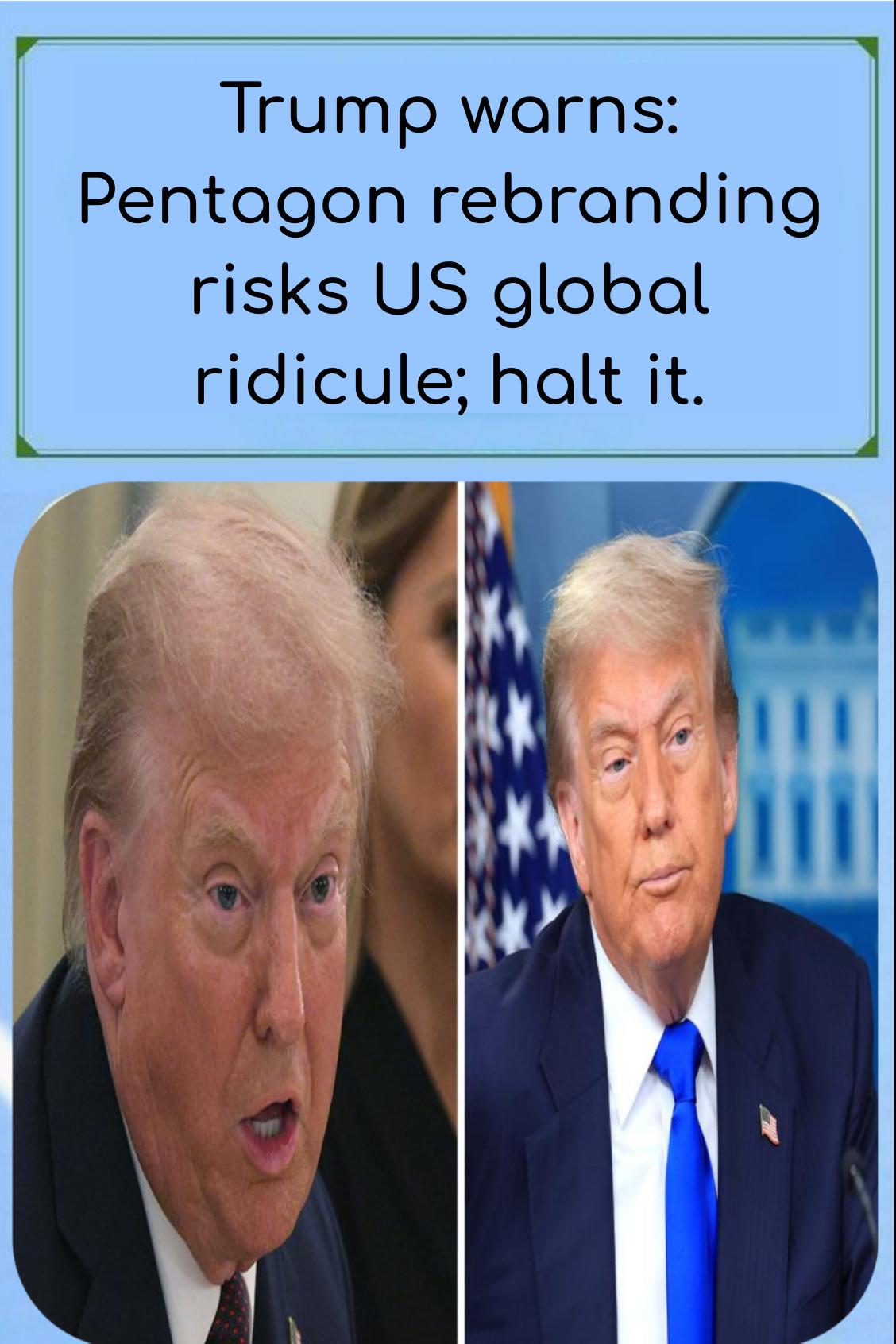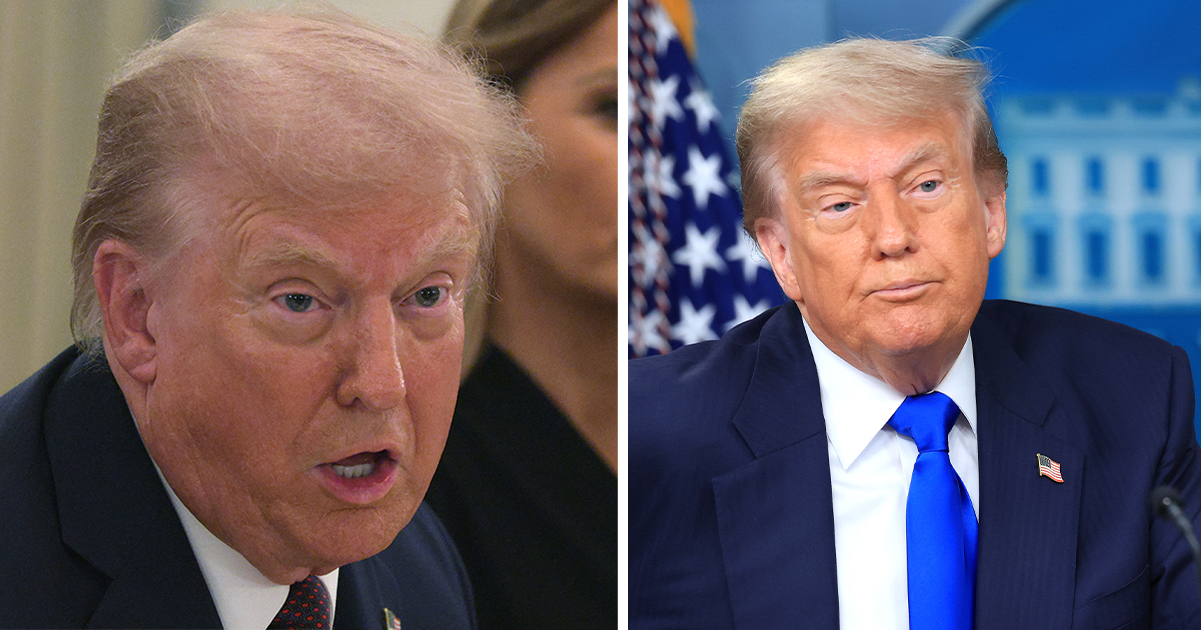Former President Donald Trump has initiated another executive order, this time targeting a significant alteration to the United States’ military establishment. This action, characterized by some as a dramatic shift in national identity, involves a proposal to rename the Department of Defense (DoD) to the Department of War.
A Return to “Department of War”
This proposed change marks a significant departure from the established nomenclature used since 1947. The reasoning behind this move, as outlined in documents obtained by the BBC, centers on the perceived strength of the term “Department of War.” Proponents argue that the current name, “Department of Defense,” projects an image of passivity and vulnerability, suggesting a nation more focused on reacting to threats than actively shaping global dynamics. In contrast, the term “Department of War” is believed to convey a more assertive and proactive stance, signaling a willingness to engage in conflict when necessary.
Rationale and Justification
The executive order mandates that Defense Secretary Pete Hegseth explore both legislative and executive avenues to solidify the name change. Hegseth, a vocal supporter of the rebranding, has publicly championed the proposal on Fox News. He asserted that the United States’ past victories in World War I and World War II were achieved under the banner of the War Department, implying a direct correlation between the name and military success. He further emphasized the importance of reinstating a “warrior ethos,” arguing that a name change serves as a powerful symbol capable of altering global perceptions of American military might and resolve. He maintains the new name will effectively communicate the nation’s preparedness to launch offensive actions, not simply defend against attacks.
Public Backlash and Criticism
Despite the Trump administration’s enthusiastic promotion, the proposed name change has faced substantial criticism from the public and across various media platforms. Many have expressed bewilderment and disapproval, citing the potential for international ridicule and misunderstanding. Some critics have expressed concerns that the new name could unnecessarily escalate tensions with adversaries, while others have questioned the practical benefits and associated costs of such a dramatic rebranding exercise.
Financial and International Implications
The sheer cost of implementing the name change – encompassing everything from official documentation and signage to updating military uniforms and hardware – has been cited as a significant drawback. Many see it as a wasteful expenditure of taxpayer funds on a symbolic gesture with dubious practical value. Furthermore, the potential for negative international repercussions has also been highlighted. The move has drawn comparisons to the Trump administration’s earlier unsuccessful attempt to rename the Gulf of Mexico the “Gulf of America,” which was largely ignored by the international community. The potential for similar reactions regarding the Department of War has led to concerns that the initiative could damage relations with allies and create unnecessary obstacles in diplomatic endeavors.
Historical Context
It is important to consider the historical context surrounding the name change. The Department of War existed until 1947, when it was renamed the Department of Defense in the wake of World War II. This change reflected a post-war shift in national security priorities, moving away from a purely military-focused approach toward a more comprehensive, integrated strategy encompassing diplomatic efforts and economic cooperation. The proposed renaming, therefore, constitutes a significant reversal of that post-war paradigm.
Analyzing the Significance of the Name Change
The proposed change from the Department of Defense to the Department of War is not simply a matter of semantics; it represents a broader shift in strategic thinking and national identity. It reflects a perceived need to project a more aggressive and assertive image on the global stage. However, the potential negative consequences of such a change, both domestically and internationally, cannot be overlooked. The significant financial costs, potential for international isolation, and the inherent risk of fueling unnecessary conflicts all raise serious concerns. Ultimately, the efficacy and wisdom of this proposed renaming remain debatable. Regardless of one’s stance, the proposal remains undeniably a characteristically bold and provocative move, aligned with the former president’s well-known penchant for unconventional approaches.

